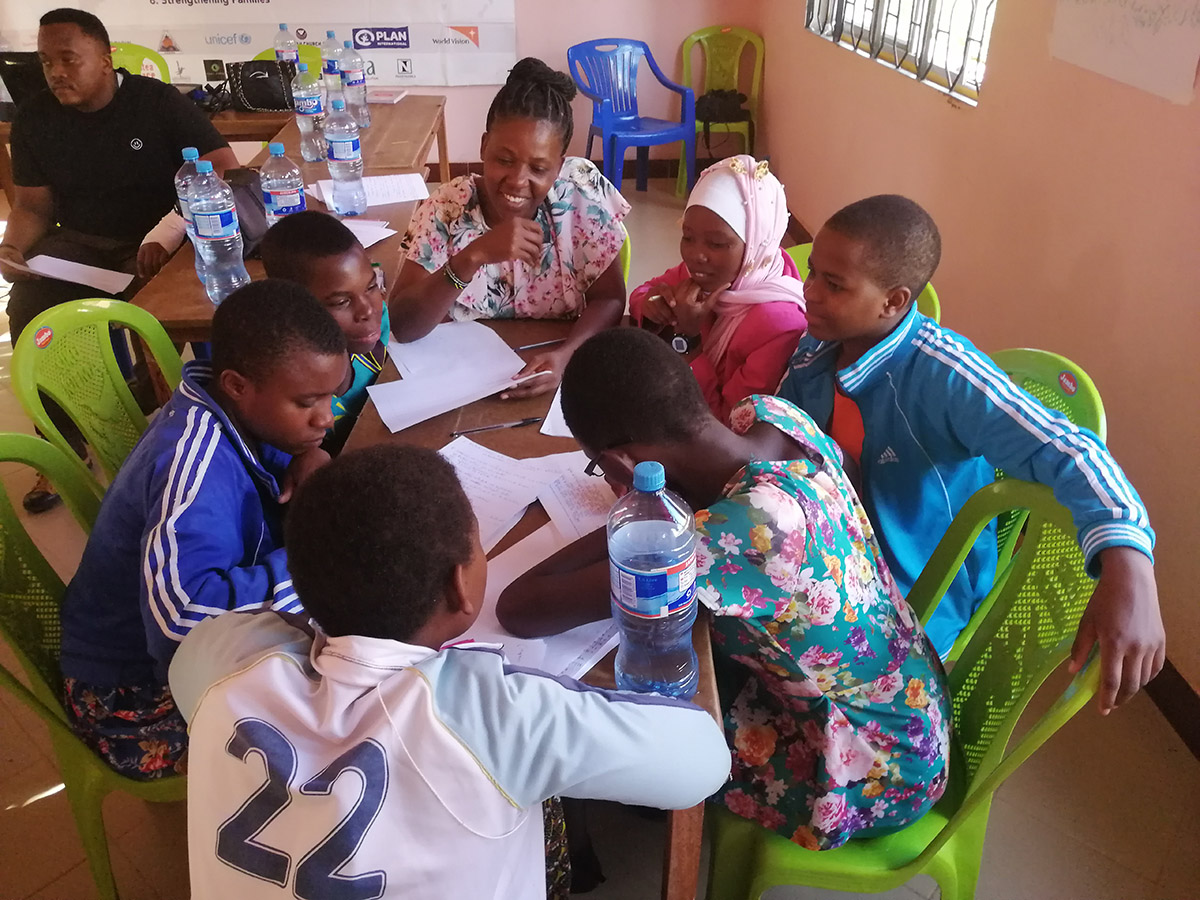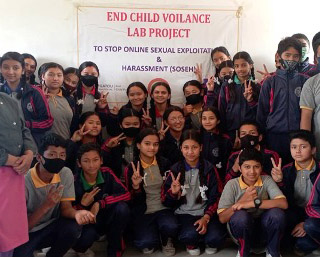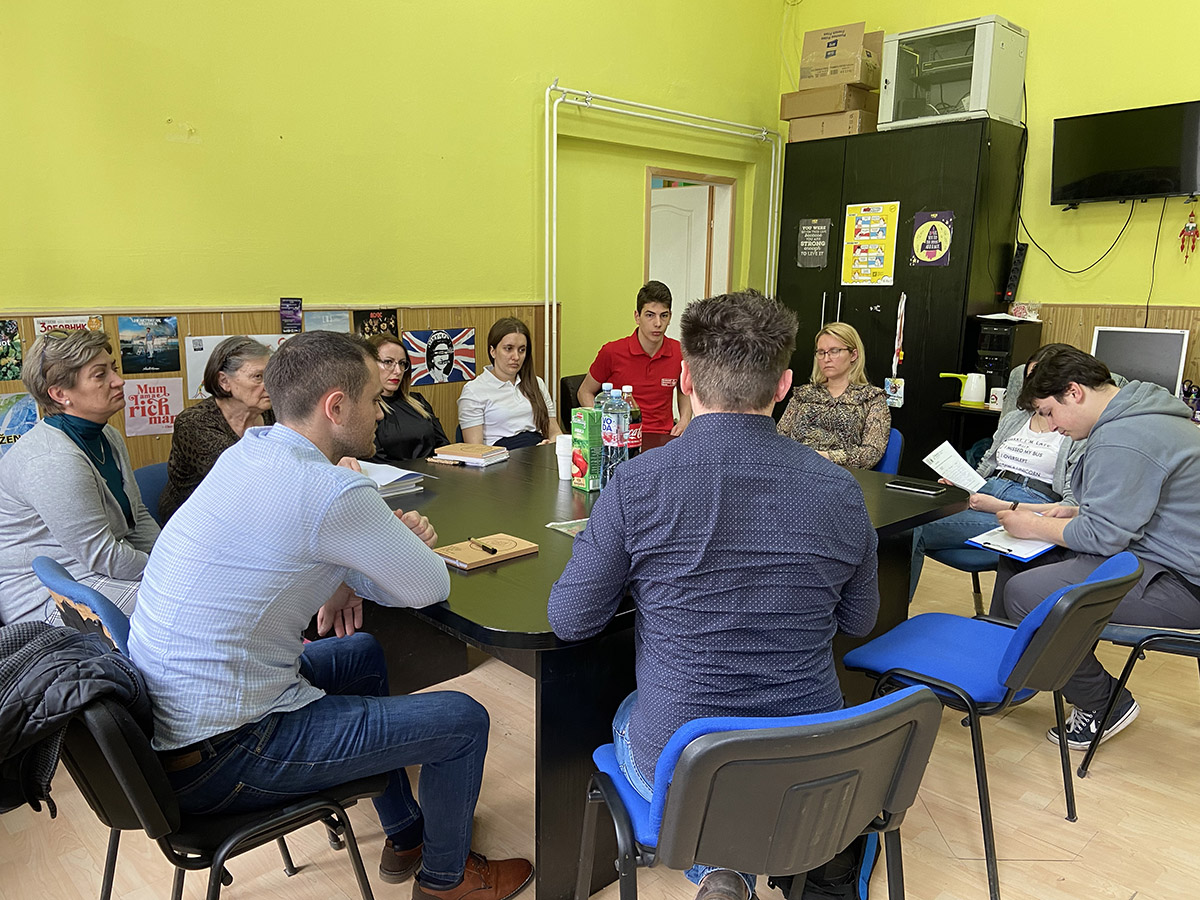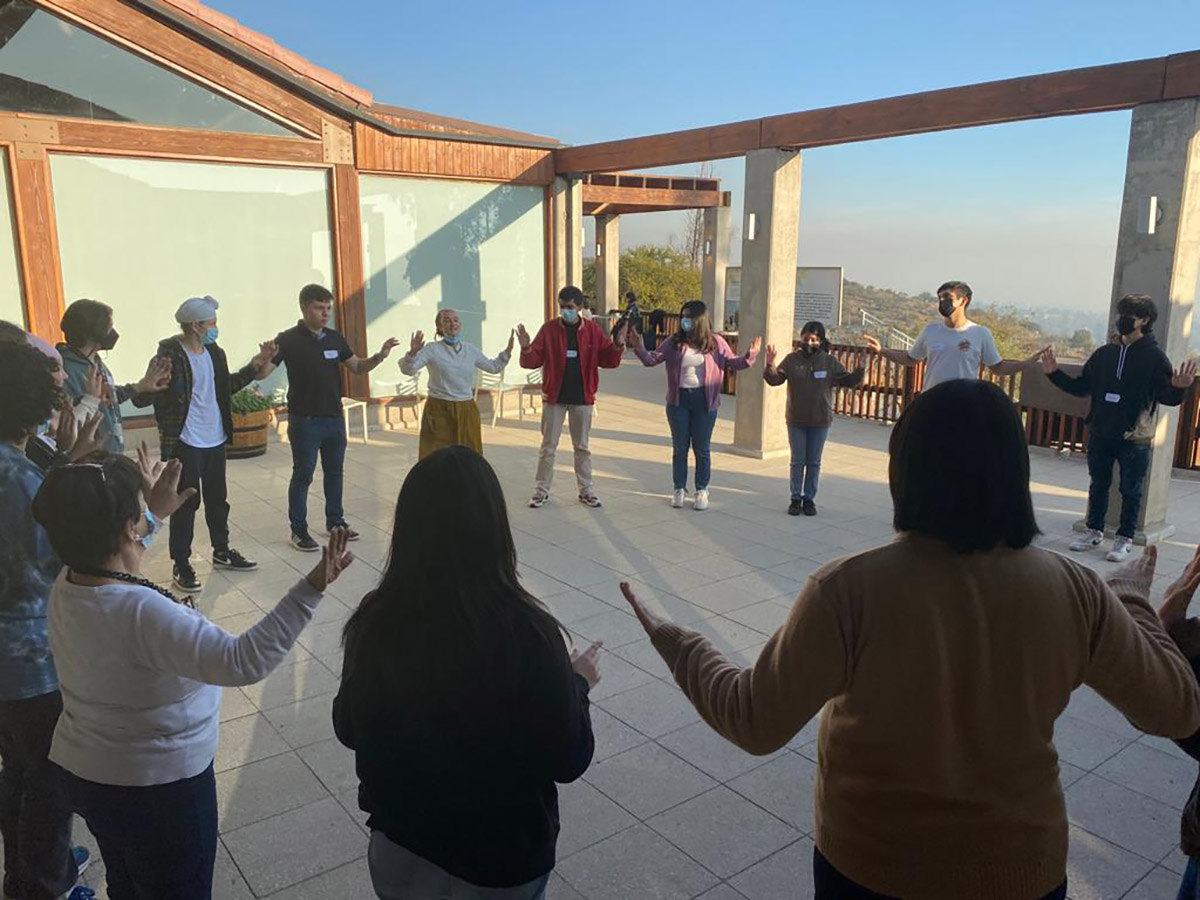Ending Violence Lab
The Ending Violence Lab supports systematic grassroots implementation of collaborative advocacy to prevent violence against children. For example, the Lab involves members of the Global Network of Religions for Children (GNRC) in Chile, Nepal, Serbia, and Tanzania.
Through interfaith efforts, the GNRC members in these countries advocate for ending child marriage, preventing online child sexual abuse and exploitation, and supporting meaningful participation of children in policymaking to protect their rights and well-being.
Based on the added value of using an interfaith approach to advocacy for children’s rights and well-being, the Ending Violence Lab was created to:
Influence local efforts to end violence against children by applying an interfaith approach to advocacy linking the shared values of the world’s major religions and the UNCRC principles.
Increase collaborative local advocacy for children’s rights and emphasize the role of faith communities to prevent violence against children.
Strengthen interfaith and intercultural collaboration between children and adults.
Learn more about the Ending Violence Against Children Lab on this video:
Tanzania

Ending Child Marriage
Our Work in Tanzania
Ending child marriage
Tanzania
Objective: Multi-stakeholder mobilization to end child marriage including transformation of religious and cultural perceptions and norms that justify it and provide opportunities for religious leaders to foster behavioral changes among their followers and within their communities.
Stakeholders: Government, Traditional Leaders, Gender Desk, and religious leaders.
Actions include capacity building for key stakeholders, participation opportunities for Peace Clubs to plan advocacy actions, and awareness-raising on reporting mechanisms.
Religious diversity: Christian; and Muslim
Nepal

Preventing Online Child Sexual Abuse and Exploitation
Our Work in Nepal
Preventing online child sexual abuse and exploitation
Nepal
Objective: Peer-to-peer awareness-raising about children’s online sexual abuse and exploitation and the role of religion in promoting an ethical use of internet.
Through its first implementation phase, the Child Advocates program reached approximately 60 schools and over 15,000 children.
Topics addressed by the program: cyber-crime; online child sexual abuse material; sextortion; grooming; and, blackmail.
In 2017, since cybercrime policy was introduced in Nepal, advocates started focusing on the content of the policy and engaged police officers to come to schools and raise awareness about its content.
Religious diversity: Christian; Dalit; Hindu; Jain; and Muslim.
Serbia

Children’s Participation in Policymaking
Our Work in Serbia
Children’s participation in policymaking
Serbia
Objective: Increase meaningful participation of children in policymaking by using an inclusive bottom-up approach to the needs-assessment process.
Actions include:
the development of a model on children’s participation in the Local Action Plans based on a child-participation experience in Sombor;
an online campaign on the importance of children’s participation in matters that affect their lives; and, proposals to two municipalities to implement consultation rounds with children.
Religious diversity: Catholic; Catholic Orthodox; and Muslim.
Chile

Children’s Participation in Policymaking
Our Work in Chile
Objective: Create opportunities for children’s views to be incorporated into the consultation rounds for the new Chilean Constitution.
The previous constitution was developed under dictatorship. The new constitution is being developed through an inclusive process that involves consultation with the 155 adults who were democratically elected to take part in the drafting process.
Around forty children participate in the Ending Violence Lab and come from diverse religious and cultural backgrounds, aiming to advocate for the new constitution to represent the interests of all children and ensure their rights.
